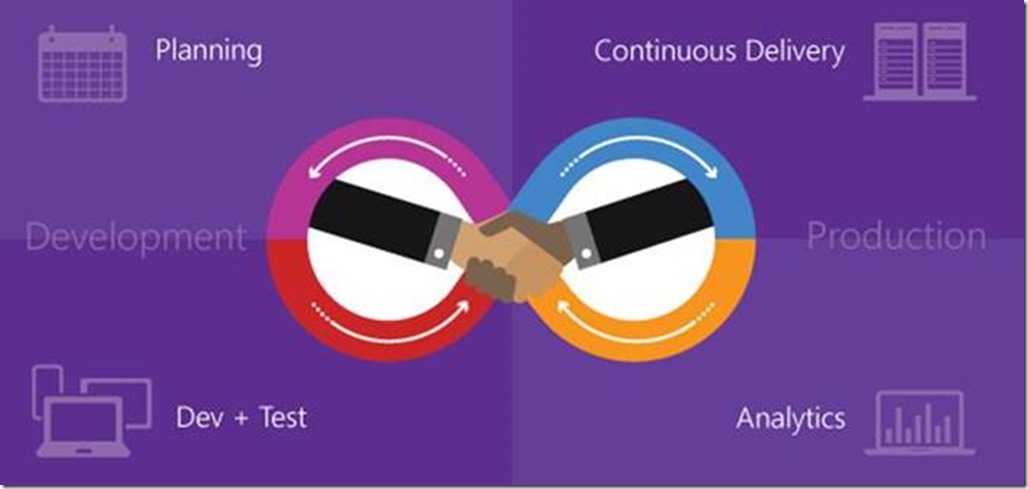Hello!
 DevOps is about driving rapid innovation and change through a repeatable cycle that includes analyzing, building and testing, and then deploying.
DevOps is about driving rapid innovation and change through a repeatable cycle that includes analyzing, building and testing, and then deploying.
If you work for large enterprises that have applications and services across the mainframe, cloud, and everything in-between, you will likely have experienced firsthand how practicing DevOps within a complex environment can result in unpredictable, unintended, and sometimes even dangerous results.
It is not surprising. It’s not surprising that most organizations only have partial or insufficient DevOps adoption.
Puppet’s State of DevOps 2021 Report shows that 58 percent of companies require multiple handoffs among teams before product deployments can be made. Organizations with fragmented DevOps practices are not able to reap the full benefits of scaling up DevOps.
To drive innovation and growth, it is important to integrate DevOps into the enterprise. It’s crucial to help large companies deploy new systems, processes, and applications more quickly and efficiently.
 DevOps Builders at Scale
DevOps Builders at Scale
DevOps is more than “build it and then run it”. It involves managing multiple teams that are running their deployments at different speeds and using different processes. These are the three characteristics that teams who have succeeded in a DevOps transformation have in common.
1. They communicate and share data
Technology delivery groups are often not well integrated and communicate poorly. They often work in silos and each supports a different technology stack. Their data is either manually collected, incomplete, or both when they come together.
 DevOps transformations that are successful breakdown silos through the use of standard tools and sharing data. DevOps teams that share technology with operations, security, and service management teams or work towards one gold data standard will be better able to meet end-user requirements and speed up timelines.
DevOps transformations that are successful breakdown silos through the use of standard tools and sharing data. DevOps teams that share technology with operations, security, and service management teams or work towards one gold data standard will be better able to meet end-user requirements and speed up timelines.
2. They get change management right
DevOps is a constant. Change management is the only constant. In a survey by Hanover Research, respondents were asked about their most pressing challenges in managing these practices.
They reported that they lack a basic understanding of change management (41%) and insufficient infrastructure to monitor endpoints (39%) and that they don’t have enough information to make informed ITSM decisions (38%).
Continuous and targeted incremental improvements can make a complex multidimensional system more reliable.
 Tools that automatically map infrastructure and application dependencies, as well as AI-driven processes that automate tests can help teams streamline deployment and maintain service availability. This is particularly important as 62% of developers believe that automated testing will improve the quality of their applications by 23%.
Tools that automatically map infrastructure and application dependencies, as well as AI-driven processes that automate tests can help teams streamline deployment and maintain service availability. This is particularly important as 62% of developers believe that automated testing will improve the quality of their applications by 23%.
3. They get buy-in from key stakeholders
DevOps principles focus on improving communication and coordination between operations and development, but often do not include IT service management teams.
The end goal is to deliver software faster and better, so it’s important to consider both the internal and external customer experience. This function is managed by the service desk.
 Top executives should make it a priority to integrate IT service management with operations management.
Top executives should make it a priority to integrate IT service management with operations management.
Hanover Research found that CIOs who have responsibility in both areas have increased from 39% to 55% since 2019.
CTO involvement has increased by 41 percent to 55 percent, and participation from IT directors has increased from 43 to 54 percent.
Also read:
- 9 Best Web Technologies Trends That Will Dominate
- Web3: Is It a Necessity or Hindrance?
- The 5 Best Hubstaff Alternatives
Thank you!
Join us on social networks!
See you!






